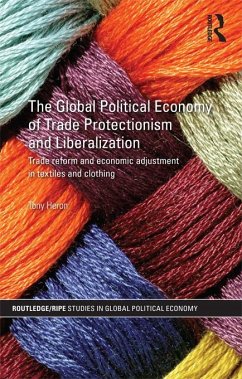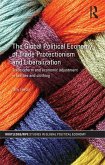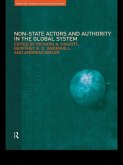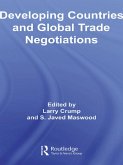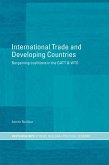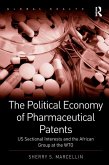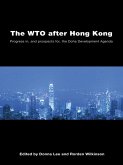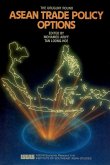Given the widely-accepted premise that free trade is the best means of maximising overall societal welfare, why has it proven so difficult to achieve in certain industries? This book tackles arguably the most perennial and deep-rooted of all questions in political economy, and questions the incumbent orthodox liberal theories of collective action.
Using a historical institutionalist framework to explore and explain the political economy of trade protectionism and liberalization, this book is based on detailed case studies of the textiles and clothing sector in the EU, United States, China, Caribbean Basin and sub-Saharan Africa. From this, the book expands to discuss the origins of trade protectionism and examine the wider political effects of liberalization, offering an explanation of why a successful conclusion to the WTO 'Doha' round has proven to be so elusive. The book argues that the regulation of global trade - and the economic consequences that this has for both developed and developing countries - has been the result of the particular way in which trade preferences are mediated through political institutions.
The Global Political Economy of Trade Protectionism and Liberalization will be of interest to those studying and researching international and comparative political economy, developing area studies, economics, law and geography.
Using a historical institutionalist framework to explore and explain the political economy of trade protectionism and liberalization, this book is based on detailed case studies of the textiles and clothing sector in the EU, United States, China, Caribbean Basin and sub-Saharan Africa. From this, the book expands to discuss the origins of trade protectionism and examine the wider political effects of liberalization, offering an explanation of why a successful conclusion to the WTO 'Doha' round has proven to be so elusive. The book argues that the regulation of global trade - and the economic consequences that this has for both developed and developing countries - has been the result of the particular way in which trade preferences are mediated through political institutions.
The Global Political Economy of Trade Protectionism and Liberalization will be of interest to those studying and researching international and comparative political economy, developing area studies, economics, law and geography.
Dieser Download kann aus rechtlichen Gründen nur mit Rechnungsadresse in A, B, BG, CY, CZ, D, DK, EW, E, FIN, F, GR, HR, H, IRL, I, LT, L, LR, M, NL, PL, P, R, S, SLO, SK ausgeliefert werden.

